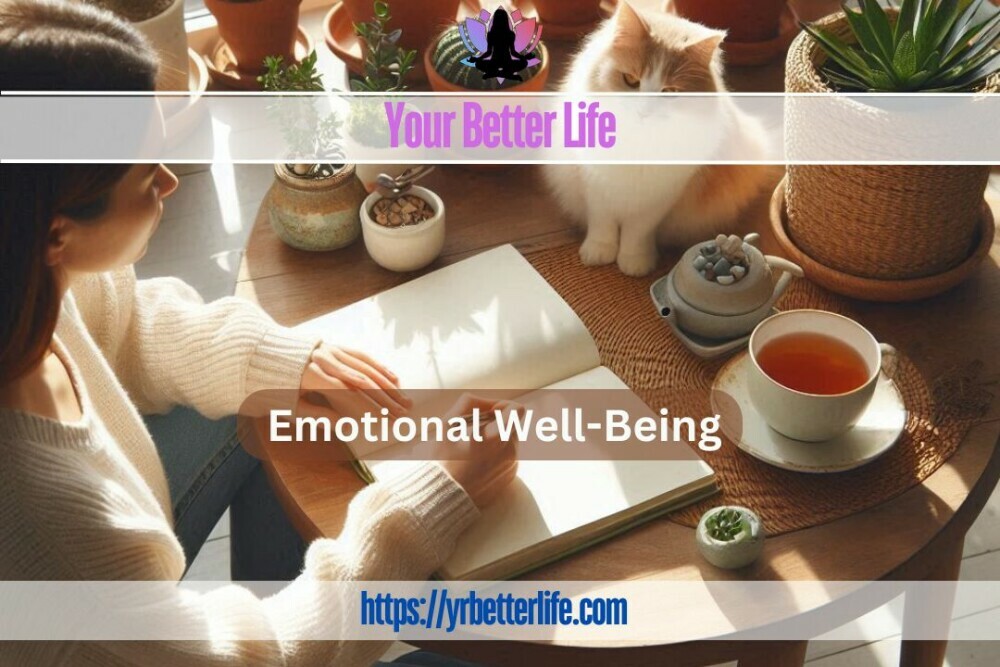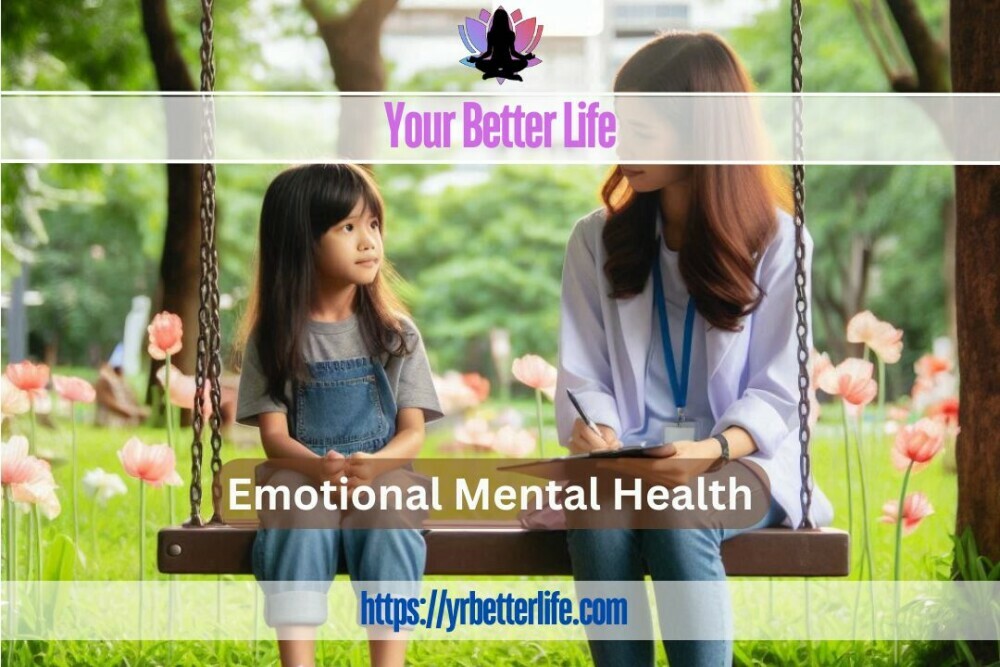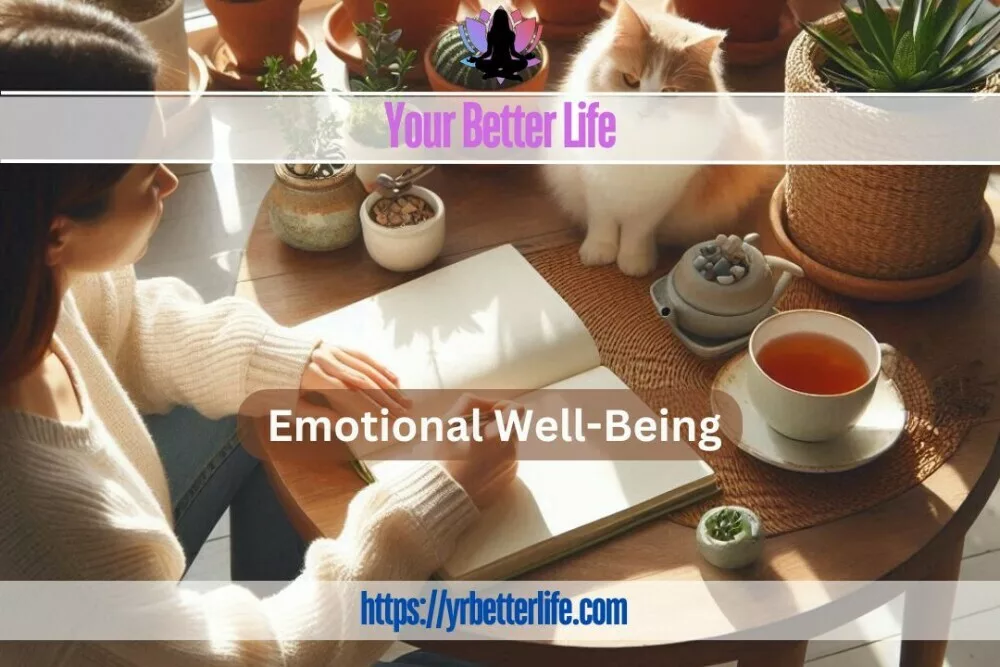
Stress has become a common part of our daily lives. From work pressures to personal responsibilities, the sources of stress are numerous and can significantly impact our emotional well-being. Managing stress effectively is crucial to maintaining a balanced and healthy life. This article explores various techniques for managing stress and improving emotional well-being.
Understanding Stress and Its Impact
What is Stress?
Stress is the body’s natural response to any demand or threat, whether real or perceived. When you feel threatened, your body undergoes a series of physiological changes, including the release of stress hormones like cortisol and adrenaline. These hormones prepare your body for a “fight or flight” response, which is crucial for survival in dangerous situations. However, in modern life, stress often arises from non-life-threatening situations such as work deadlines, financial pressures, or interpersonal conflicts.
Effects of Stress on Emotional Well-being
Chronic stress can have a profound impact on your emotional well-being. It can lead to feelings of anxiety, depression, irritability, and burnout. Long-term stress can also affect your physical health, contributing to issues such as heart disease, high blood pressure, and weakened immune function. Therefore, it is essential to develop effective stress management techniques to maintain both your emotional and physical health.
Techniques for Managing Stress and Enhancing Emotional Well-being
1. Mindfulness Meditation
Mindfulness meditation involves focusing your attention on the present moment and accepting it without judgment. This practice can help reduce stress by promoting a sense of calm and relaxation. Regular mindfulness meditation can also improve your emotional resilience, making it easier to cope with stressors.
How to Practice Mindfulness Meditation:
- Find a quiet place where you won’t be disturbed.
- Sit comfortably with your back straight and your hands resting on your lap.
- Close your eyes and take a few deep breaths.
- Focus your attention on your breath, noticing the sensation of air entering and leaving your body.
- When your mind wanders, gently bring your focus back to your breath.
- Practice for 5-10 minutes daily, gradually increasing the duration as you become more comfortable with the practice.
2. Exercise
Physical activity is a powerful stress reliever. Exercise releases endorphins, which are natural mood lifters. It also helps reduce levels of the body’s stress hormones, such as adrenaline and cortisol. Regular physical activity can improve your overall emotional well-being and reduce symptoms of anxiety and depression.
Types of Exercise for Stress Relief:
- Aerobic Exercise: Activities like running, cycling, or swimming can help reduce stress and improve cardiovascular health.
- Strength Training: Lifting weights or using resistance bands can build muscle and reduce tension.
- Yoga: Combines physical movement with breathing exercises and meditation, promoting relaxation and stress relief.
- Walking: Even a short walk in nature can help clear your mind and reduce stress.
3. Deep Breathing Exercises
Deep breathing exercises can activate the body’s relaxation response, reducing stress and promoting a sense of calm. These exercises can be done anywhere and are particularly useful in moments of acute stress.
How to Practice Deep Breathing:
- Sit or lie down in a comfortable position.
- Place one hand on your chest and the other on your abdomen.
- Take a slow, deep breath in through your nose, allowing your abdomen to rise.
- Exhale slowly through your mouth, feeling your abdomen fall.
- Repeat for 5-10 minutes, focusing on your breath and the rise and fall of your abdomen.
4. Progressive Muscle Relaxation (PMR)
PMR is a technique that involves tensing and then slowly relaxing each muscle group in the body. This practice can help reduce physical tension and promote relaxation.
How to Practice PMR:
- Find a quiet place where you can sit or lie down comfortably.
- Starting with your feet, tense the muscles as tightly as you can for about 5 seconds.
- Slowly relax the muscles, focusing on the sensation of release.
- Move up through your body, tensing and relaxing each muscle group, including your legs, abdomen, chest, arms, and face.
- Finish with a few minutes of deep breathing to enhance the relaxation effect.
5. Cognitive Behavioral Therapy (CBT)
CBT is a form of psychotherapy that helps individuals identify and change negative thought patterns that contribute to stress. By addressing these thought patterns, CBT can help reduce stress and improve emotional well-being.
CBT Techniques for Stress Management:
- Cognitive Restructuring: Identify and challenge negative thoughts, replacing them with more positive and realistic ones.
- Behavioral Activation: Engage in activities that you enjoy and that can improve your mood.
- Mindfulness-Based CBT: Combine traditional CBT techniques with mindfulness practices to increase self-awareness and emotional regulation.
6. Social Support
Having a strong support network can significantly reduce stress and improve your emotional well-being. Connecting with friends, family, or support groups can provide a sense of belonging and emotional support.
Ways to Build Social Support:
- Stay Connected: Make time to regularly connect with friends and family, whether in person or virtually.
- Join Groups: Participate in community groups, clubs, or organizations that interest you.
- Seek Professional Support: If you’re struggling with stress, consider speaking to a therapist or counselor.
7. Time Management
Effective time management can help reduce stress by ensuring that you have enough time to complete your tasks without feeling overwhelmed. Prioritizing tasks and setting realistic goals can help you manage your time more efficiently.
Time Management Tips:
- Make a To-Do List: Write down all the tasks you need to complete and prioritize them based on importance and urgency.
- Set Goals: Break larger tasks into smaller, manageable steps and set deadlines for each step.
- Avoid Procrastination: Tackle the most challenging tasks first to avoid last-minute stress.
- Delegate: If possible, delegate tasks to others to lighten your load.
8. Healthy Lifestyle Choices
Adopting healthy lifestyle choices can enhance your ability to cope with stress and improve your overall emotional well-being.

Healthy Lifestyle Tips:
- Balanced Diet: Eat a diet rich in fruits, vegetables, whole grains, and lean proteins to support your physical and mental health.
- Sleep: Aim for 7-9 hours of quality sleep each night to allow your body and mind to rest and recover.
- Limit Alcohol and Caffeine: Reduce your intake of alcohol and caffeine, as they can increase stress and anxiety levels.
- Stay Hydrated: Drink plenty of water throughout the day to stay hydrated and support your body’s functions.
9. Hobbies and Leisure Activities
Engaging in hobbies and leisure activities can provide a much-needed break from stressors and enhance your emotional well-being. Whether it’s reading, gardening, painting, or playing a musical instrument, finding time for activities you enjoy can help reduce stress.
10. Gratitude Practice
Practicing gratitude can shift your focus from stressors to the positive aspects of your life. Regularly acknowledging the things you’re grateful for can improve your mood and overall outlook.
How to Practice Gratitude:
- Gratitude Journal: Keep a journal where you write down three things you’re grateful for each day.
- Gratitude Meditation: Spend a few minutes each day meditating on the things you’re thankful for.
- Express Gratitude: Take the time to thank people in your life who have made a positive impact on you.
Conclusion
Stress is an inevitable part of life, but it doesn’t have to control you. By incorporating these techniques into your daily routine, you can manage stress more effectively and improve your emotional well-being. Remember that it’s essential to find what works best for you and to be patient with yourself as you develop new habits. With consistent practice, you can achieve a greater sense of balance, peace, and emotional resilience.
Maintaining emotional well-being is a continuous process that requires effort and dedication. By prioritizing self-care and adopting these stress management techniques, you can lead a healthier, happier, and more fulfilling life.
With warmth & compassion
Shaun

